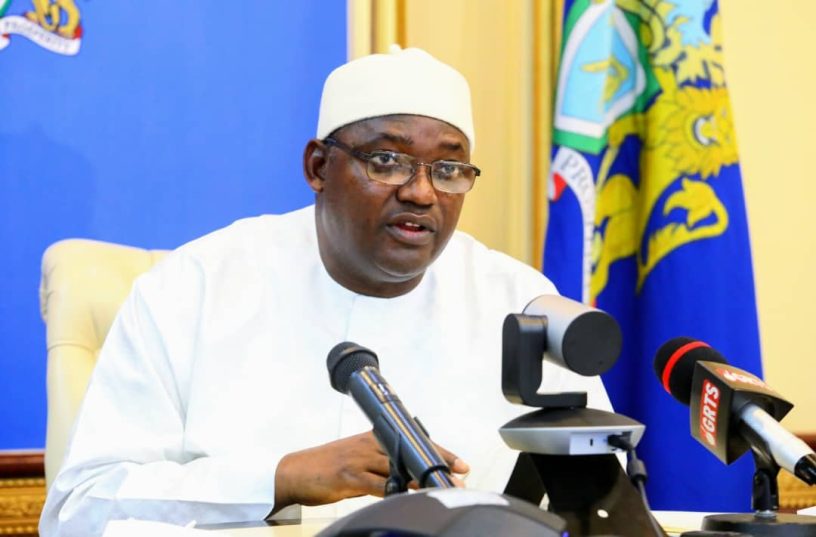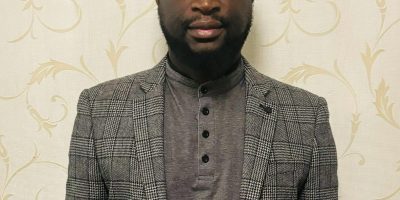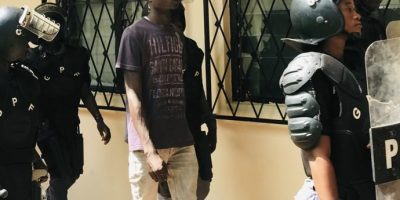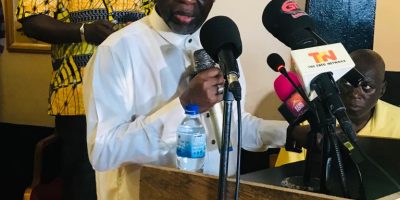 by Sanna Camara, Media Officer, State House
by Sanna Camara, Media Officer, State House
His Excellency, President Adama Barrow this morning addressed the virtual Extraordinary Inter-Sessional Summit of Heads of States and Governments of the Organisation of African, Caribbean and Pacific States (OACPS).
The Gambian is currently Chairing the organisation, with Hon. Mamboury Njie, as Chairman of Council of Ministers and Her Excellency, Tenengba Jaiteh, Gambia’s Ambassador to Belgium serves as Chairperson of the Committee of Ambassadors, respectively.
The Summit was convened by President of Kenya, Mr Uhuru Kenyatta who serves as President-in-Office of the Summit. The 79-member states’ group deliberated on the theme, “Transcending Covid 19: Building Resilience through Global Solidarity”.
“Financing development should be central to discussions on building resilient economies and advancing social inclusion and development,” the Gambian leader said.
Thus, addressing the debt burden on developing countries, expanding fiscal space and fostering domestic resource mobilisation are essential to strengthening member states’ socio-economic systems.
He described as “extremely destructive” the impact of the Covid 19 pandemic on human lives and livelihoods. The pandemic already disrupted the momentum and gains made towards achieving the Sustainable Development Goals (SDGs) and other development targets.
President Barrow told his colleagues that it is important to place the human being at the centre of their deliberations.
Impact on the economy
Like other countries he went on, The Gambia has adopted measures to contain the spread of the coronavirus. These include declaring a State of Public Emergency, observing WHO regulations and mitigating the impact of such strict measures on the public.
However, he argued that the pandemic has impacted severely on both the formal and informal sectors of the country’s economy. Hence the need to pay due attention to both sectors is urgent.
“[Gambia’s] informal sector contributes crucially towards sustaining livelihoods and to GDP. In short, the impact on employment, government revenue and the subsistence of the people is immensely negative,” he pointed out.
Economically, women and the youth are the most vulnerable groups in The Gambia, as their income generating activities centres heavily on the tourism, fisheries and artisanal industries. He warned that the containment measures will have multiple effects in both urban and rural settings.
The President implored his colleagues that it is imperative, therefore, they seize this opportunity to call upon development partners to collaborate with them to respond effectively to the economic challenges posed by COVID-19. With respect to SDG 11 (sustaining urban settlements), which is particularly relevant for such vulnerable sectors, he noted.
Similarly, they must outline strategies and action points to minimise disruption to the food and agriculture systems, while adequately supporting the livelihoods of all vulnerable groups.
Global solidarity
President Uhuru Kenyatta, in his opening remarks described the pandemic as “posing a serious public health challenge” that slowed down economic activities of their member countries.
In addition to Covid 19, member states are also faced with other natural challenges like locust invasion and floods in east Africa, rising water levels and floods in the Caribbean, among others.
The Director General of the WHO, Dr Tedros Adhanom Ghebreyesus, in his address said there is a need for global solidarity in the face of the differences among global leaders – he called it “quarantining the Covid 19 politics”.
Without such a unity, he said the pandemic will be with the world for a long time to come. Therefore, the world could rely on the leadership and voice of the OACP states to help stop the pandemic.




Ma sha Allah great and thanks for sharing